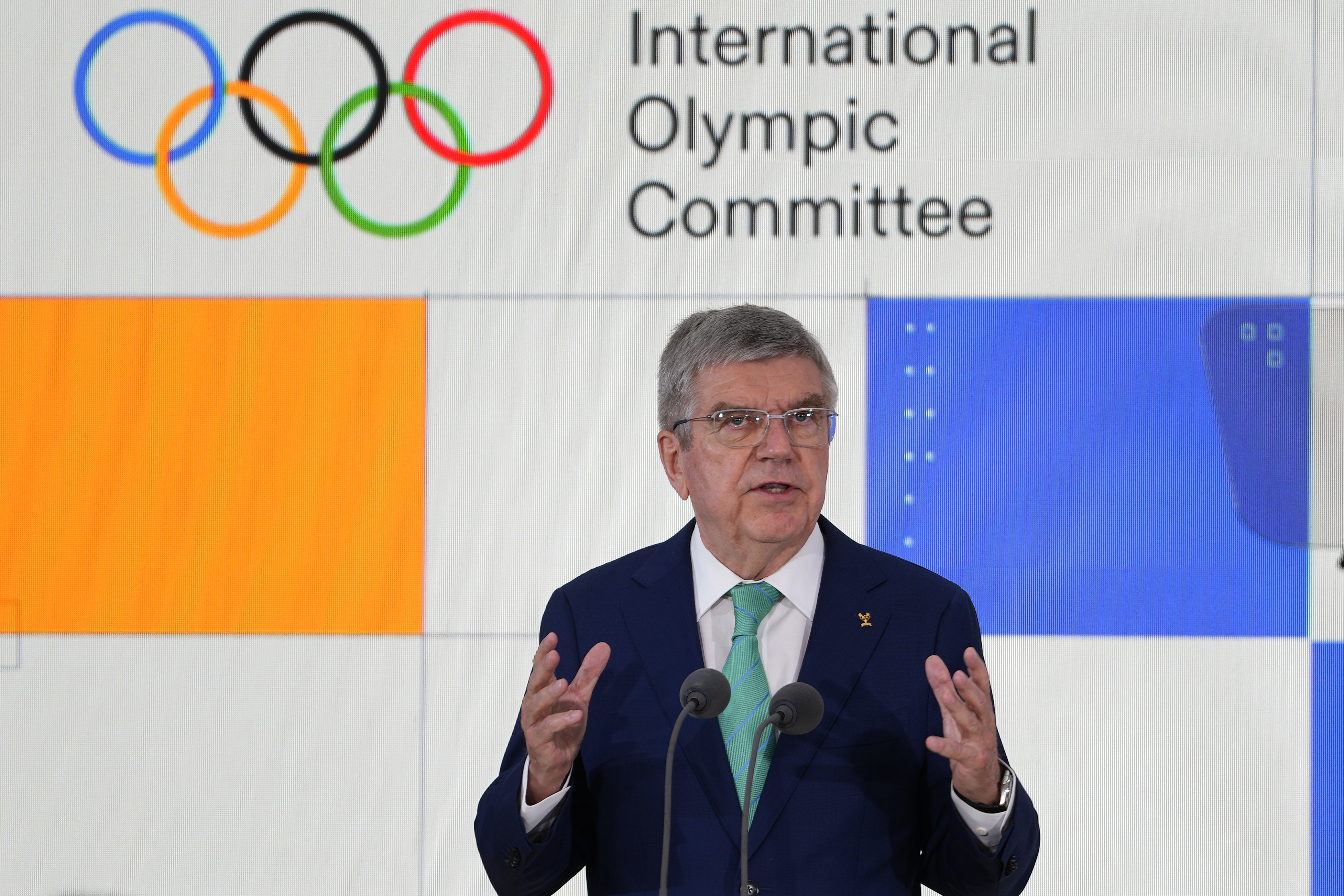BEIJING, China, August 13, 2008 - Beijing's air quality has improved, with the sky clearly visible today after rains on Sunday and Monday reduced the air pollution, heat and mugginess that made Olympic athletes, visitors and residents uncomfortable for days.
Weather officials measured an Air Pollution Index of 32 on Tuesday, far below the benchmark API 100 set by the Chinese authorities. An Air Pollution Index of 50 and below is considered excellent by the World Health Organization.
The United Nations Environment Programme's Beijing team sees this as an indication that measures like the ones taken by the Chinese authorities can have an impact on polluted air.
Some of the air pollution reduction measures that have been adopted by the Chinese authorities for the Olympic Games include the closing down of heavy polluting factories around the city and beyond, a reduction in car traffic around the city by about half, and free use of public transport for people holding tickets to Olympic event or Olympic accreditation.
UNEP Executive Director Achim Steiner said the expansion of public transport infrastructure, creation of new parks like the Olympic forest park, the bus transport links, and water recycling will leave a green legacy after the Beijing Olympics are completed.
"These things not only benefit Olympic athletes but are also a legacy for the citizens of Beijing. Most importantly, these are a demonstration of where other cities in China and many parts of the world should strive to move in the years ahead," he told Olympic organizers on Saturday.
Guo Hu, head of the Beijing Municipal Meteorological Bureau, said the clearing skies are a bonus to add to the knowledge that he and his team had protected the main Olympic venue the Bird's Nest from rain falling on the Olympic opening ceremony on August 8.
U.S. & World
On that day, the weather information was updated every six minutes by Guo's bureau.
While people were enjoying the fireworks show in the evening, meteorologists were firing rockets to disperse threatening rainy clouds coming from the southwest. In order to keep the Bird's Nest dry, a total of 1,104 rockets were launched.
In other Olympics environmental news, the Beijing Olympic Village Wednesday received a LEED gold award from the U.S. Green Building Council. LEED, which stands for Leadership in Energy and Environmental Design, certifies that buildings have met a set of criteria for sustainability and energy efficiency.
The LEED gold award was presented to Chen Zhili, head of the Beijing Olympic Village, on Wednesday by U.S. Treasury Secretary Henry Paulson. Chen said the presentation affirmed the cooperation between China and the United States in clean energy technology for Olympic Games.
More than 16,800 athletes, coaches and officials of national teams are living in the residential section of the village - in 22 six-story buildings and 20 nine-story buildings that were constructed using environmentally-friendly paint and other materials.
The Beijing Olympic Village uses solar cells and geothermal heat pumps to supply energy to the buildings. The buildings feature solar heat, solar hot water, solar thermoelectric cogeneration, and intelligent control devices. They consume just 1/30th of the energy consumed by conventional buildings, according to the contractor, Guoao Investment Company.
Through a heat exchange system, the Village is projected to draw 7.89 million kilowatt hours of renewable energy from the Sun during the Olympics and slightly less in the years after the Games are finished and the buildings are used to house other residents.
The system taps energy from Qinghe sewage treatment plant and upgrades it through heat pump devices for winter heating and summer cooling. The technology can save energy by over 40 percent compared with ordinary air-conditioning systems.
In the Village, solar energy collecting tubes have been installed on rooftop gardens. The system can meet hot water demands of 16,000 users during the Games and some 2, 000 households after the Games. The project can save 5 million kilowatt hours of electricity a year,
The wastewater in the Village is being recycled and the 200 tons of water recycled daily is used for landscape watering in the Village.
Copyright Environment News Service (ENS) 2008. All rights reserved.




